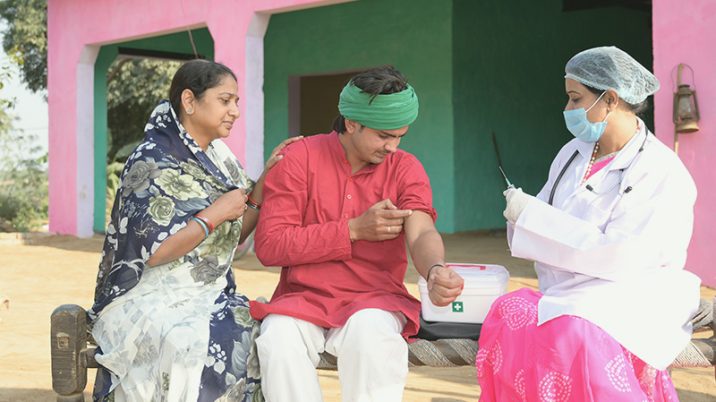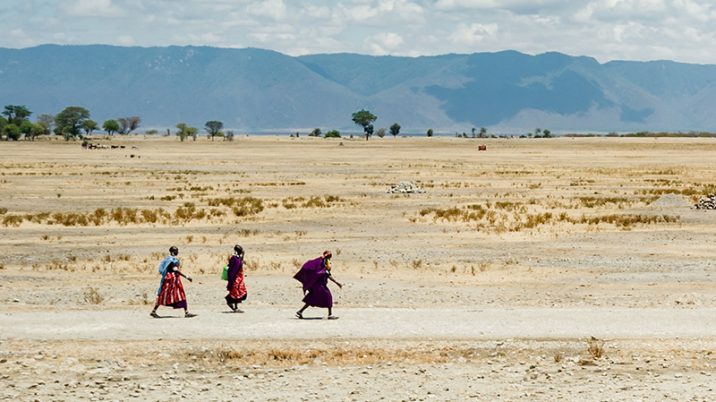Impact evaluation
We offer a range of services that evaluate the impact of programmes. We cover a wide spectrum of our partner’s needs, from statistical approaches (randomised control trials, quasi-experimental designs) through to theory-based approaches that focus more on understanding how impact occurs and who benefits. Wherever possible we use mixed-method approaches to provide a holistic understanding of impact.
Use the filters below to explore our work in impact evaluation.
Filter content:

Global health evaluation in a dynamic context: Lessons from COVAX
Itad’s review of the COVAX Facility and AMC demonstrated a critical role for independent evaluation in unpacking...

Evaluating the Global Fund’s Service Delivery Innovation Strategic Initiative
Itad is evaluating the Global Fund’s Service Delivery Innovation Strategic Initiative to build resilient and sustainable...

Evaluating UNICEF’s Response to the humanitarian crisis in Afghanistan
Itad is evaluating UNICEF’s response to the unprecedented humanitarian crisis in Afghanistan, providing learning to the...

Five lessons if you’re considering using natural experiments in an evaluation
A recent Itad/Applied Ecology Research evaluation of an initiative to support migrants amidst the Covid-19 pandemic,...

Assessing the impact of the Sustainable Development Goals Partnership
Itad is evaluating the impact and efficiency of the Sustainable Development Goals Partnership. Our work will provide insights...

Natural experiments shed light on people’s resilience to extreme events
Drawing on their experiences evaluating an initiative to support migrants amidst the Covid-19 pandemic, members of the...

Strengthening civil society organisations’ advocacy capacity
We are the research partner for the global component of the Dutch MFA’s Policy Framework for Strengthening Civil Society...

How can Foundations work with governments for agricultural change?
We are generating lessons on the best ways to work with governments as we evaluate how successful the Tony Blair Institute and...

Itad’s COVAX evaluation provides rich insights for future pandemic responses
A newly-published Itad evaluation of the COVAX Facility and Advanced Market Commitment provides a balanced critique and...

Evaluating the effectiveness of Covid-19 vaccine delivery by the COVAX initiative
We evaluated the challenges, successes and lessons from the COVAX initiative to support Gavi to strengthen the ongoing...

Mainstreaming climate concerns into conflict-related evaluation work
Our work with clients is highlighting the value of applying a climate lens to conflict-related development programming.

Supporting climate justice through collaborative learning
Our work with Porticus is highlighting the value of collaborative learning to shape climate justice initiatives more...

Building women and girls’ resilience to climate change
Lessons from our work with partners on integrating sexual and reproductive health rights with climate change adaptation.

How a ‘landscape approach’ can help mobilise climate finance towards vulnerable groups and ecosystems
Our evaluation of the Dutch Fund for Climate and Development found that their framework offers an innovative solution to the...

Lessons for evaluating complex and adaptive programmes
Drawing on our experiences evaluating a six-year girl-centred sexual health programme, the A360 evaluation team share our key...

Adolescents 360 Evaluation: Final Summative Report
This report presents the overall findings of the evaluation of the Adolescents 360 initiative (A360), which targeted...

